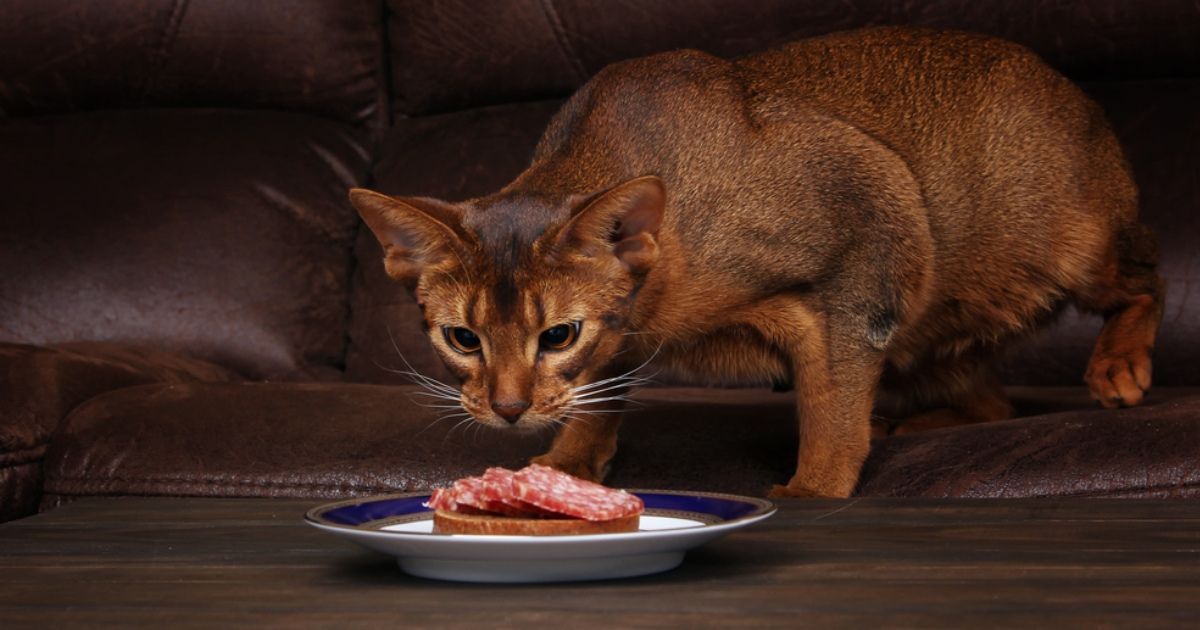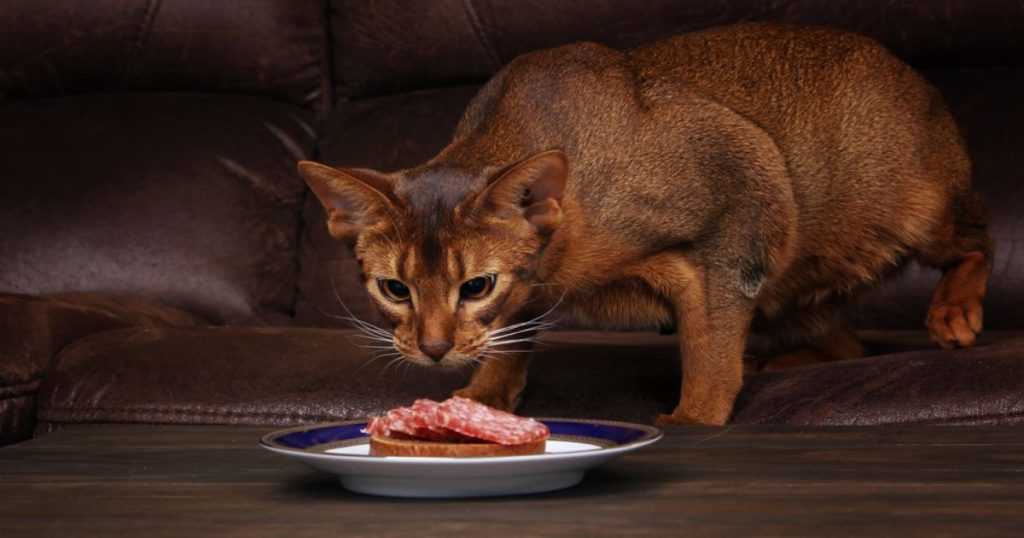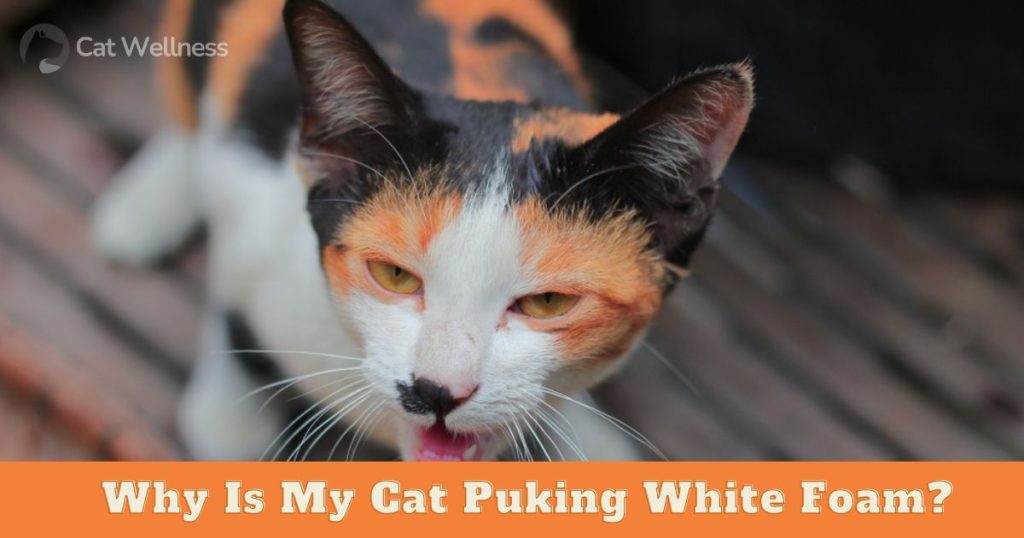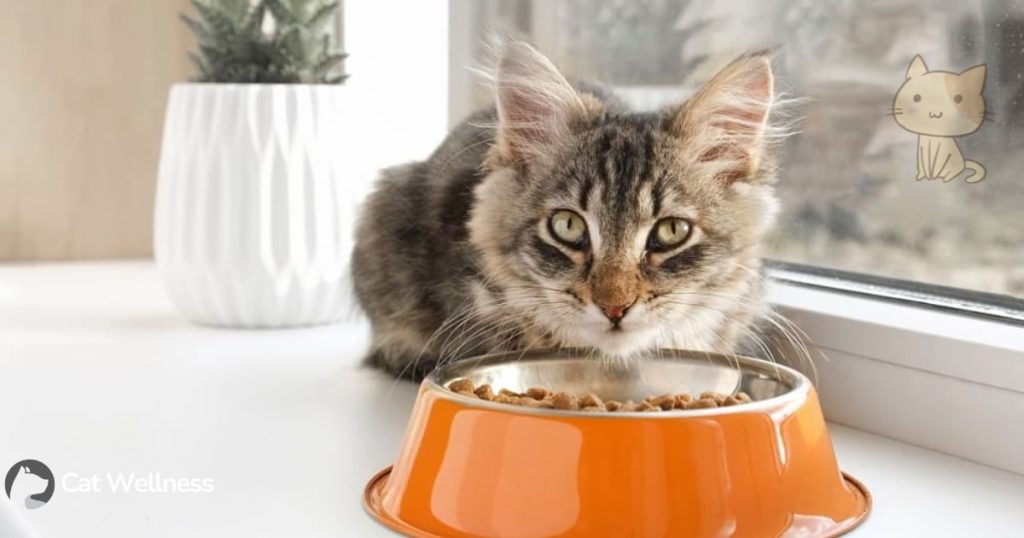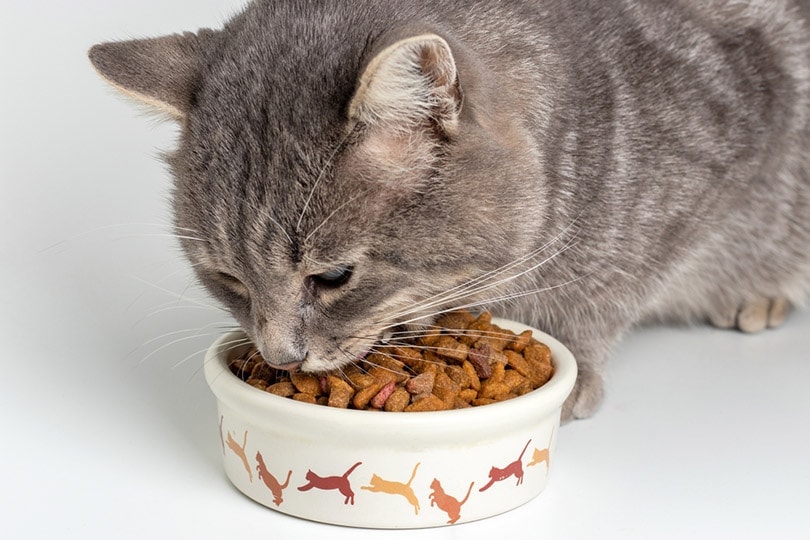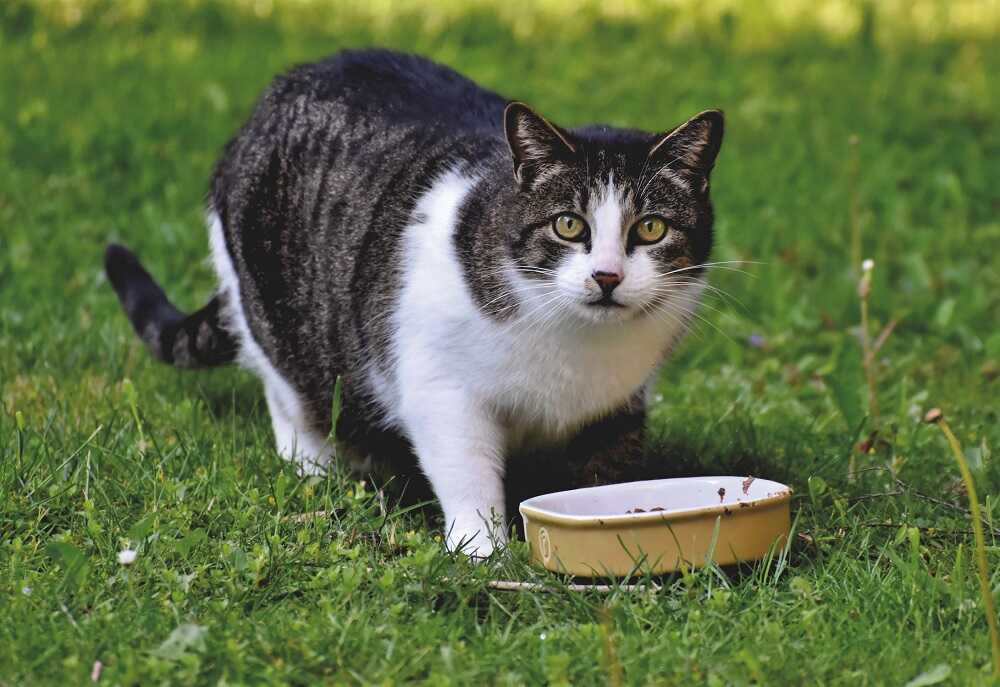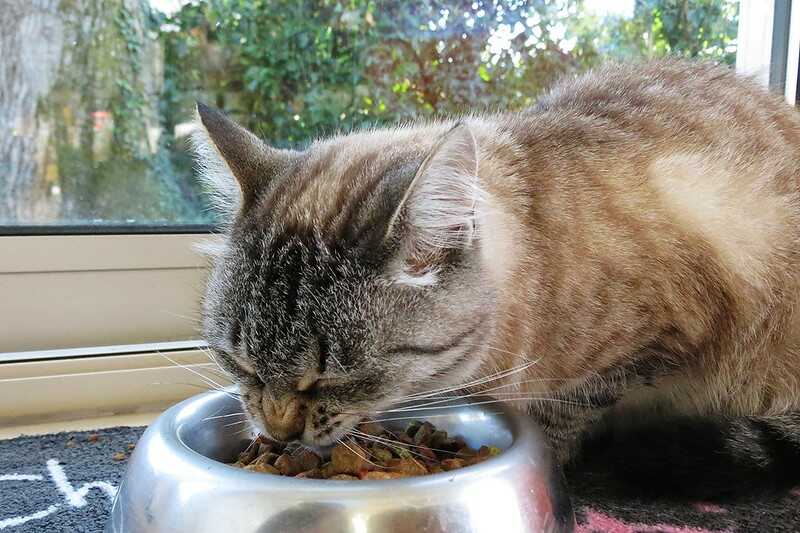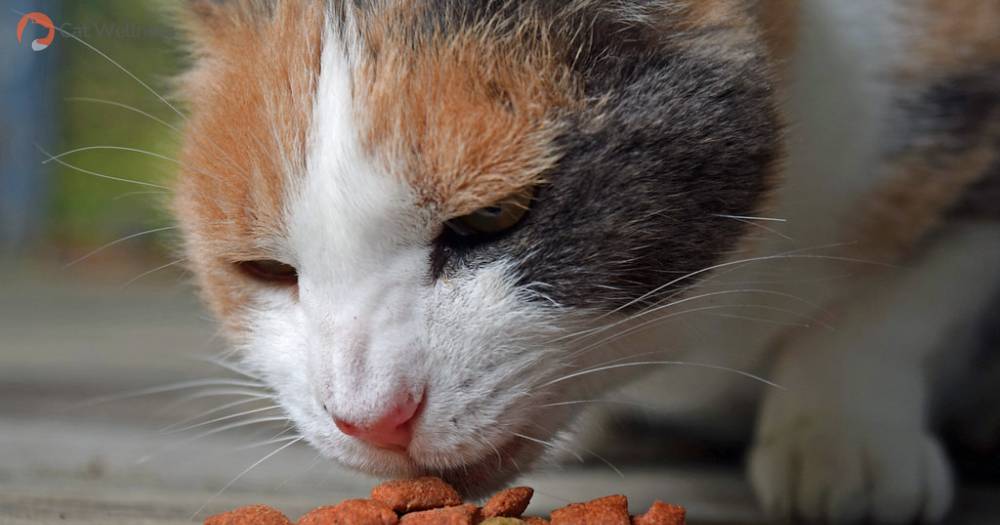When it comes to our beloved cats, it’s completely normal to want to provide them with a diverse diet. One common consideration is: Can kittens eat sardines?
Whether it’s safe to feed canned sardines to kittens and the appropriate serving size, this article aims to answer these queries and offer additional insights.
Let’s check it out now!
- Can Kittens Eat Sardines?
- What is the Appropriate Amount of Sardines for Cats?
- Should I Choose Sardines in Water or Oil for My Cat?
- Is It Safe to Feed Canned Tomato Sardines to My Cat?
- Are Canned Sardines a Better Choice Than Canned Tuna for Cats?
- How to Give Sardines to Your Cat
- Risks Associated with Giving Cats Sardines
- FAQs
- Conclusion
Can Kittens Eat Sardines?
The short answer is yes! Sardines offer a wealth of essential nutrients crucial for a cat’s well-being. They are abundant in Omega-3 fatty acids, vital for maintaining healthy skin, a glossy coat, and supporting heart health.

Furthermore, sardines provide a significant protein content for a cat’s muscle growth and upkeep.
Additionally, sardines are a natural source of taurine, a critical amino acid that plays a key role in a cat’s vision, heart function, and immune system. Since cats cannot produce enough taurine, adding it to their diet is important. However, it’s important to remember that sardines, like any non-commercial cat food, should only be an occasional treat or snack and not make up most of your cat’s diet.
What is the Appropriate Amount of Sardines for Cats?
Although sardines have various advantages, they should not constitute a significant part of a cat’s food. Instead, view them as an occasional indulgence. Cats need a well-rounded diet, and excessive fish consumption can result in nutrient imbalances.
It is advised that an average-sized adult cat should only have a small sardine as a treat once or twice a week. It’s always essential to consult with your veterinarian regarding serving sizes and dietary modifications to guarantee you’re offering optimal nutrition for your pet.
Should I Choose Sardines in Water or Oil for My Cat?

Opting for sardines packed in water is a wiser choice for cats than those in oil. Although the oil isn’t necessarily harmful, it can introduce excess fat into your cat’s diet, potentially leading to obesity. Additionally, certain oils, such as garlic-infused ones, can be toxic to cats. If you feed your cat canned sardines in oil, thoroughly rinse them to remove any excess oil.
Is It Safe to Feed Canned Tomato Sardines to My Cat?
It’s best to avoid giving your cat canned sardines in tomato sauce. The sauce often contains spices and additives that could disrupt your cat’s digestive system. Furthermore, some cats might have allergies to tomatoes, which can result in gastrointestinal issues or skin reactions.
Are Canned Sardines a Better Choice Than Canned Tuna for Cats?
In comparing sardines and tuna, sardines emerge as the better option. Tuna, especially albacore, tends to have higher mercury levels, which can accumulate in your cat’s system over time and lead to health issues. Additionally, sardines provide a higher content of the essential nutrient taurine when compared to tuna.
How to Give Sardines to Your Cat
Choose Sardines in Spring Water
If possible, opt for sardines preserved in spring water. As mentioned, spring water doesn’t introduce extra fat, calories, or sodium to the sardines. When available, prioritise sardines packed in spring water over those stored in oil or brine.
Rinse the Sardines
In cases where spring water sardines aren’t available, you can choose sardines preserved in oil or saltwater but never in sauce. Before serving these sardines to your cat, rinse them thoroughly. While some liquid may have permeated the sardines, washing them helps remove as much excess liquid as possible.
Limit Sardines to Occasional Treats
Regardless of the type of sardines you purchase, treating them as occasional indulgences for your cat is crucial. As mentioned earlier, regular sardine consumption can lead to mercury poisoning.
To prevent this, restrict sardines, tuna, and similar foods to occasional treats. Most veterinarians recommend feeding sardines to your cat once a week or as infrequent as twice a month.
Risks Associated with Giving Cats Sardines
Apart from the liquid used to preserve sardines, they can present certain risks to your cat’s well-being. Sardines containing bones could potentially lead to choking incidents, although sardine bones are relatively small and pose a lesser choking risk than chicken bones.
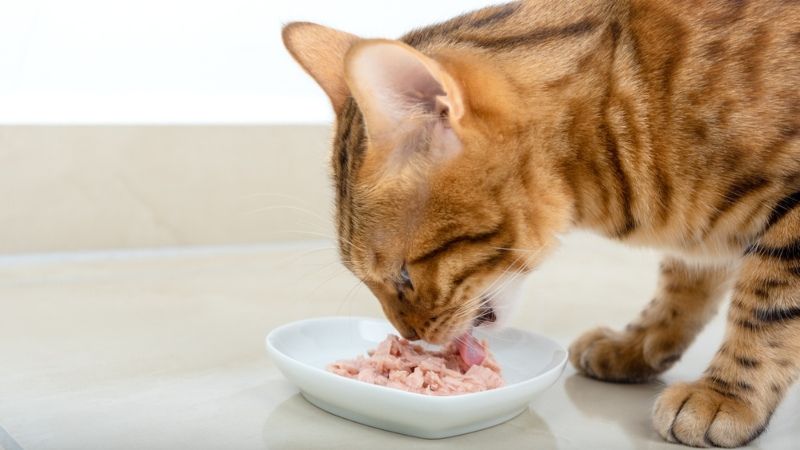
Another concern when it comes to feeding sardines to cats is the potential for increased mercury levels. Mercury poisoning can have detrimental effects on your cat’s internal organs. While occasional consumption of sardines is unlikely to result in mercury poisoning, regularly offering sardines and tuna to your cat may lead to this condition.
FAQs
How should I prepare sardines for my kitten?
If you want to feed your kitten sardines, make sure they are plain, cooked, and boneless. You should also ensure there are no added spices or seasonings. Canned sardines in water are a good option.
Can kittens eat raw sardines?
It’s not recommended to feed raw sardines to kittens or cats. Raw fish can contain parasites and harmful bacteria that may cause health issues.
Are there any risks associated with feeding kittens sardines?
Feeding kittens and sardines can be risky if not done correctly. The main concerns are bones, high sodium content, and potential allergies. Bones in canned sardines can be a choking hazard, and excessive sodium can harm your kitten’s health.
How often can I give sardines to my kitten?
Sardines should only be an occasional treat for kittens. Limit their sardine consumption to once a week or less to avoid any potential issues.
Can sardines be a part of a balanced diet for kittens?
Sardines can be a small part of a balanced diet for kittens, but they should not replace high-quality kitten food. Kitten-specific food contains essential nutrients necessary for their growth.
Conclusion
So, can kittens eat sardines? To sum it up, cats can consume sardines, but it’s important to be selective. Opt for sardines preserved in spring water, as they are the most suitable for feline consumption. Other sardines are okay for cats, but they contain extra calories, oils, and salts that should be rinsed off before feeding them to your cat. Limit their consumption to once a week regardless of the sardines you choose.
Recommended Reading

